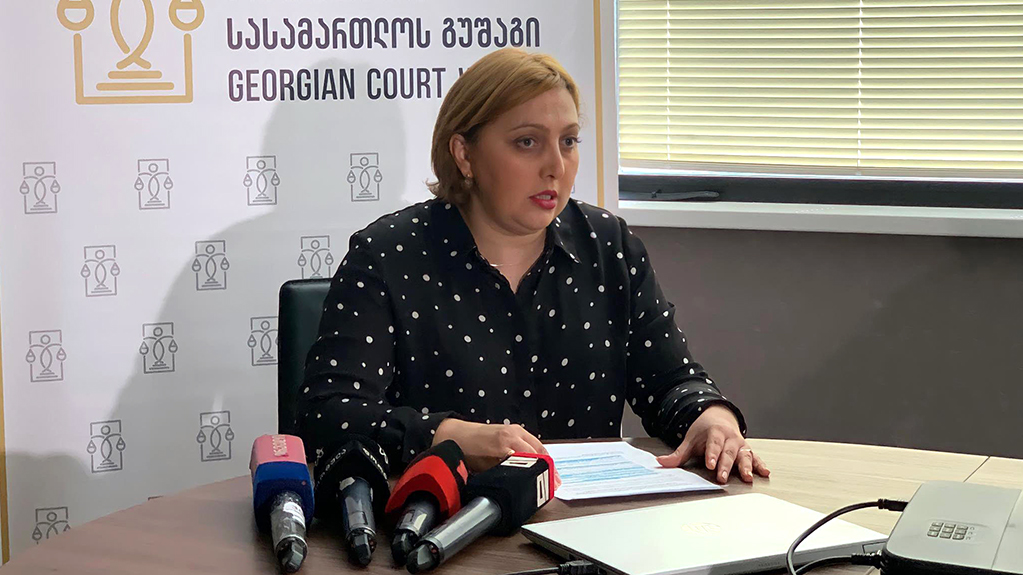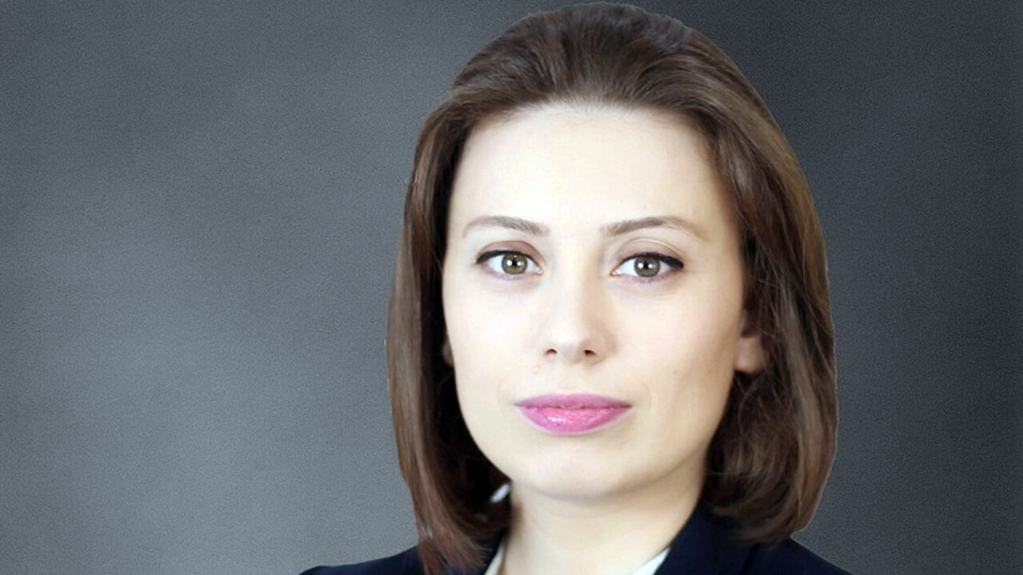The Supreme Council of Justice terminated the authority of Bolnisi District Court Judge Nino Giorgadze, effective from December 1. This decision by the Council is unprecedented, as judges appointed on a three-year probationary period had been almost automatically appointed for life.
News
Why could Nino Giorgadze have been included in the so-called black list – one of the most high-profile cases she adjudicated and made an unprecedented decision in concerned the financing of the Diocese of Marneuli and Hujabi from the Marneuli Municipality budget.
By the ruling of July 1, 2022, the judge found the financing of only the Orthodox Church from the local budget, by almost 400 thousand GEL per year, discriminatory, and annulled the corresponding decision of the City Council. Only in 2019-2022, the Diocese of Marneuli and Hujabi received a total of over 1.5 million GEL from the local budget ‘‘for the promotion of religious tolerance and raising spirituality of the residents.’’ Organizations of other religions, which represent the majority of the local population, are not financed at all. In 2019, activist Samira Bairamova and the Higher Theological Branch of Muslims of All Georgia appealed this funding principle.
The judge noted in her ruling that ‘‘this constitutes differential treatment unambiguously based on religious grounds. Any action of the state should be secular, should not support any particular religion, and should not leave the ‘‘impression of excessive affiliation with a religion.’’
This decision of Nino Giorgadze outraged the Bishop of Marneuli and Hujabi, Reverend Giorgi Jamdeliani, who posted a photo of the judge on social media with the following caption: ‘‘Know her! The worthy successor of Sergo Ordzhonikidze and Filipp Makharadze, the judge of the Bolnisi District Court, who canceled the financial support of the Diocese of Marneuli and Hujabi!’’
The decision of the Bolnisi Court was precedential and, if upheld, would change the practice of funding religious organizations by local governments. Marneuli City Hall appealed this ruling to the Court of Appeals and Judge Leila Mamulashvili canceled it.
Nazi Janezashvili, a non-judge member of the Supreme Council of Justice, who now heads the non-governmental organization Court Guard, told Georgian News that
Nino Giorgadze was punished by the Supreme Council of Justice because she did not become affiliated with the so-called ‘‘court clan’’ and did not obey the existing informal hierarchical order, which ultimately cost her her judicial career after 3 years.
‘‘This decision of the Supreme Council of Justice serves as a kind of signal and a warning towards independent judges. How does the system work - if you approach someone, talk to them, apologize, promise to obey, and that you won't do it again, then they will think whether to appoint you or not. Before being appointed as a judge, Nino worked in the Supreme Council of Justice. Ketevan Tsintsadze, who is now a member of the council, was her boss and knows Nino's professional abilities well. Nino could have gone to anyone for help, and ask them to bring the word to Murusidze, but she didn’t. Loyalty is the most important thing for the clan,’’ says Nazi Janezashvili.

According to her, Nino Giorgadze plans to appeal the decision of the Supreme Council of Justice in the qualification chamber, then in the court, and ‘‘among them, she plans to continue the legal dispute even further,’’ – the European Court of Human Rights, meant Nazi Janezashvili.
To the question – Nino Giorgadze was appointed as a judge on a probationary period by the same so-called clan, why did they change their decision, Nazi Janezashvili responded: ‘‘The clan is not always lucky. As I told you, before being appointed as a judge, Nino worked in the Council of Justice, with an independent inspector, she was qualified. Apparently, that is why they expressed confidence. They could not imagine that there would be a judge who would make decisions independently. If she had told the clan, I made a mistake, I will change my approach, they would have definitely extended her authority.’’
The reasoned decision of the Supreme Council of Justice, which will explain why Nino Giorgadze was no longer appointed as a judge, is not yet available.
From 2006 to 2007, Nino Giorgadze was an intern at the Criminal Chamber of the Tbilisi Court of Appeal; From 2007 to 2008, the reserve secretary of the session of the Tbilisi Court of Appeal; From 2008 to 2018, she worked as a senior consultant of the Judicial Ethics Department of the Supreme Council of Justice of Georgia; In 2018-2019, she was a senior consultant of the Independent Inspector Service of the Supreme Council of Justice of Georgia; and from December 2020 to December 2023, she is a judge of Bolnisi District Court.
It noteworthy that in 2023, Judge Nino Giorgadze considered all lawsuits of Georgian News against the self-governing bodies of Bolnisi, Dmanisi, and Marneuli. Georgian News has filed more than 50 lawsuits in city and district courts requesting state bodies be obliged to provide public records. Nino Giorgadze is the only judge in Georgia who considered media organizations' lawsuits within a reasonable time frame and satisfied them.
In the last three years, Nino Giorgadze ruled on 2100 cases.















